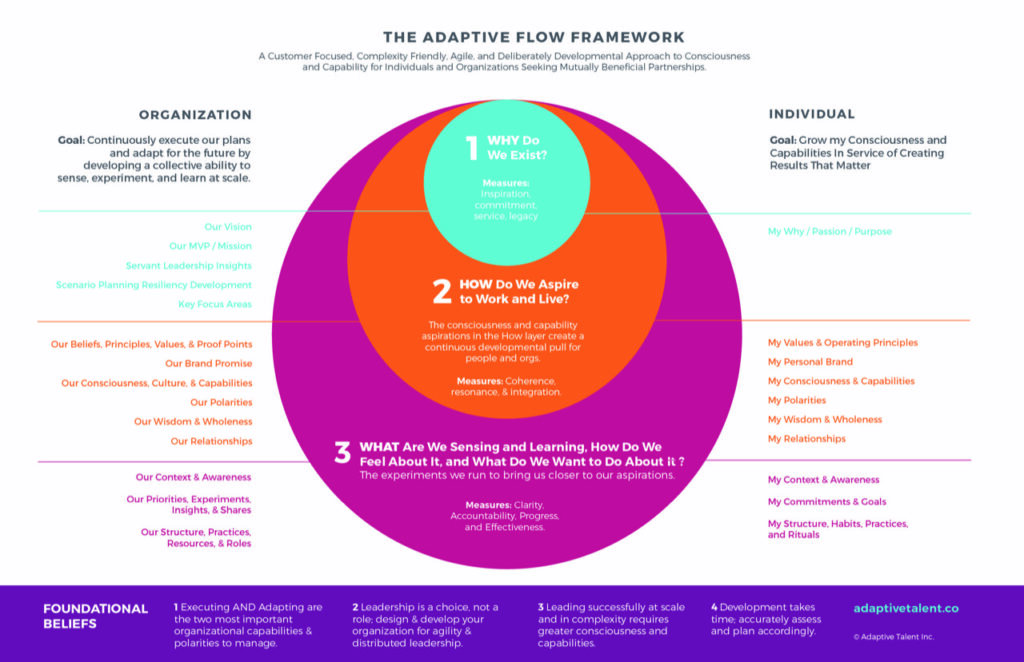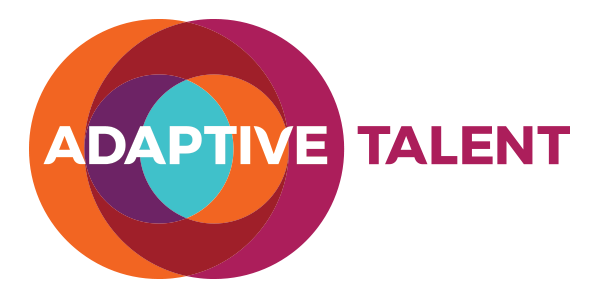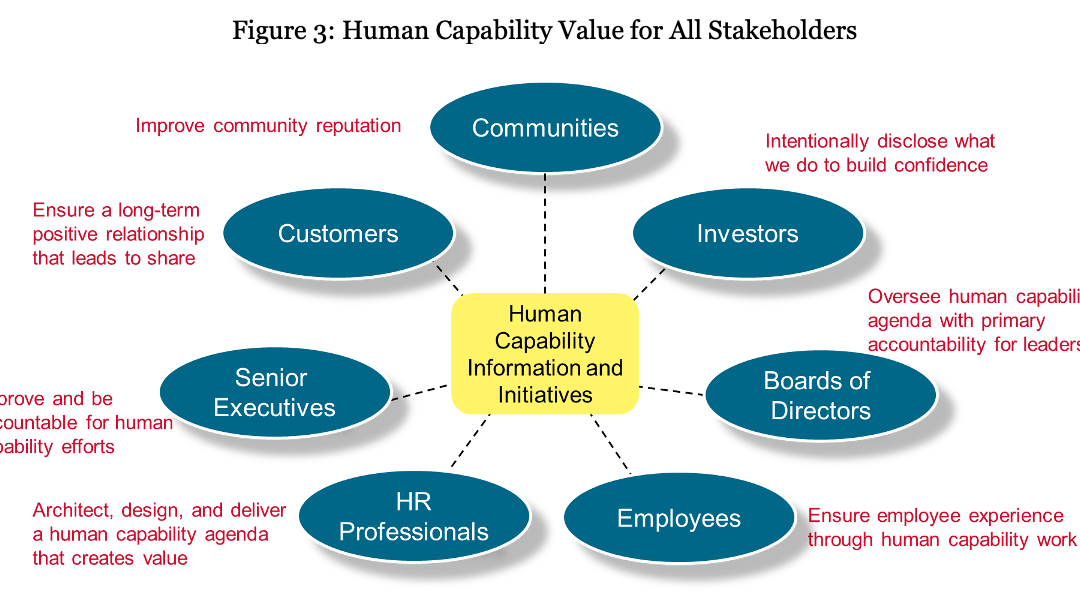HR people are very empathetic which has its pluses but it can also cause them to over index on feelings at the expense of business results. I’ve seen this many, many times in my 30+ years in the HR field and I find it frustrating; you can’t have employees unless your customers and partners are thriving in some way because of your organization. Simply giving more of this or that benefit in the hopes of higher engagement and hopefully some progress on corporate goals is not enough, and I’ve seen way too many HR people not deeply understand the business and therefore unable or afraid to anchor their team’s focus on creating the results that matter.
One of the most transformative things about being a coach is having to deeply learn the power of open ended, simple questions. Because leadership is about creating the capacity of your teams to create the results that matter, you and they need to be absolutely clear on what those results must be. You would be very surprised to see how many leadership teams struggle to define this beyond top and bottom line results. The various execs have their metrics, and perhaps there are efforts to integrate them into something that requires deeper collaboration at the enterprise level, but often they seem disconnected from each other. Every healthy system, including our bodies, requires the right amount of differentiation and integration.
This is one reason my Adaptive Flow Framework has Why, How, and What layers because each layer has a different time horizon and each element has its own definition and goals (i.e., what good looks like) and those elements must be integrated so that the whole is greater than the sum of its parts. These are all things your employees can manage, develop, and adapt over time, but they need to be explicit in order to do so and this is a level of abstraction and intentionality that I think is often missing or insufficient. It’s also where I believe HR teams could have a disproportionately positive impact on the customer, partner, and employee experiences and organizational results if they deeply partnered with their colleagues to make it happen.
When someone says they’re in charge of the employee experience I say “good luck”, because that’s the job of each person for her/himself. However, HR people can facilitate (a) the process of assessing / updating aspirations of each element based on the results the team is trying to achieve (and of course the integration of those elements) (b) an objective assessment of current state, and (c) a realistic plan to experiment/learn/achieve towards those aspirations. This is an ongoing process obviously and can be done at all levels of the organization to facilitate alignment and accountability. As I’ve said before, achieving alignment and accountability are the two hardest things leadership teams do because at best they’re fleeting states; it takes sustained focus and energy/resources to keep things humming and tight.
Here’s my bet, and you can hold me accountable for it: I think AI will be incredibly helpful to employees and leadership teams with this critical leadership process, and quickly we should see AI driven systems assessing employee, customer, and partner experiences (both qualitative and quantitive across exceptionally large data sources), adapting and acting independently or raising suggestions to employees for their approval. It’ll be easier to lose the soul / culture of an organization without these guiding values and organizational principles, and rich, meaningful human collaboration and creativity. But wow, if we can bring the best of people and AI together we should see an era of incredible prosperity provided the benefits are shared better than presently.

Take a look at another great article from Dave Ulrich at LinkedIn about an “outside-in” approach to Human Resources. He frames this as human capability because we need to optimize how we deploy people for maximum results, especially with the powerful tools we have at our disposal. It’s an incredible time to be alive, and it’s also demanding to be responsive to our world without being steamrolled by it. Responsive is not the same thing as intentionally adapting to it; it’s one reason to create and evolve an organizational framework like our Adaptive Flow Model or Dave’s model.
---
Adaptive Talent is a talent consultancy designed to help organizations achieve amazing results and ongoing adaptability. Founded in 2008 and based in Vancouver, Canada we offer retained and contingent search, assessments, training, leadership coaching (1:1 and group), leadership development programs, and culture & organizational development consulting.

